detail profile pierre maguelon
Peran Yang Di Mainkan Pierre Maguelon
 The story takes us from the...
The story takes us from the...The Time of Secrets 2007
The story takes us from the dear Garrigue to the secondary school where Marcel is first ill at ease because he is a scholarship holder and because he went to the grade school (the other bourgeois pupils had probably a private tutor). A fight against a rich kid ,that augurs badly for what is to follow. (to be followed in "Le Temps des Amours" )
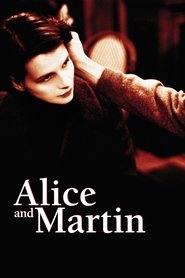 Martin the illegitimate son of an...
Martin the illegitimate son of an...Alice and Martin 1998
Martin, the illegitimate son of an industrialist and a hairdresser, was sent to live with his wealthy father in the countryside as a young boy. Alice is a musician living with Martin's half-brother in Paris. When Martin shows up at Alice's door after fleeing his father's home under troubled circumstances, their lives become intertwined.
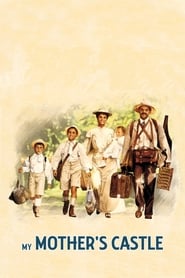 To his chagrin young Marcel Pagnol...
To his chagrin young Marcel Pagnol...My Mother's Castle 1990
To his chagrin, young Marcel Pagnol and his family move back to their home in Marseilles, France, far from their pastoral holiday cottage in the hills. Determined, Marcel makes the long voyage back to the cottage on foot and lands himself in trouble. One day Marcel's father discovers a shortcut to the cottage, but it requires trespassing. Despite their trepidations, Marcel and his family begin using the secret trail to reach their cottage.
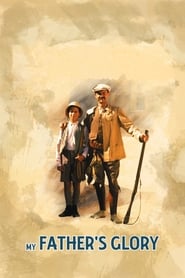 Raised by his science teacher father...
Raised by his science teacher father...My Father's Glory 1990
Raised by his science teacher father, Joseph Pagnol, and seamstress mother Augustine, young Marcel grows up during the turn of the century in awe of his rationalist dad. When the family takes a summer vacation in the countryside, Marcel becomes friends with Lili, who teaches him about rural life.
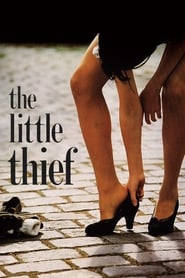 In a small town in postWWII...
In a small town in postWWII...The Little Thief 1988
In a small town in post-WWII France, 16-year-old Janine tries to improve her conditions by any means necessary. Three people—Michel, a married lover; Raoul, a fellow thief; Mauricette, a photographer she meets in prison—will help her learn from her mistakes.
 Martinaud an illustrious notary suspected of...
Martinaud an illustrious notary suspected of...The Inquisitor 1981
Martinaud, an illustrious notary suspected of being the perpetrator of two horrendous crimes, voluntarily agrees to be questioned by Inspector Gallien on New Year's Eve. What initially is a routine procedure, soon becomes a harsh interrogation that seems to confirm the initial suspicions.
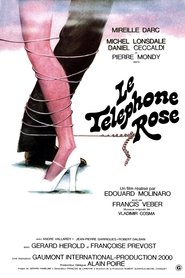 A small industrialist from Toulouse goes...
A small industrialist from Toulouse goes...The Pink Telephone 1975
A small industrialist from Toulouse, goes to Paris to negotiate the buyout of his company from an American financial group. During his stay, the representative of the large firm calls on a luxury call girl to facilitate their "business".
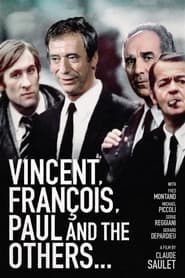 Three friends navigate midlife crises a...
Three friends navigate midlife crises a...Vincent, Francois, Paul and the Others 1974
Three friends navigate mid-life crises: a blocked writer, a disillusioned doctor, and a charming man facing bankruptcy and divorce. As their struggles strain friendships, a younger man captures the attention of one friend's wife, complicating their lives further.
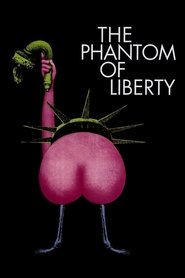 This Surrealist film with a title...
This Surrealist film with a title...The Phantom of Liberty 1974
This Surrealist film, with a title referencing the Communist Manifesto, strings together short incidents based on the life of director Luis Buñuel. Presented as chance encounters, these loosely related, intersecting situations, all without a consistent protagonist, reach from the 19th century to the 1970s. Touching briefly on subjects such as execution, pedophilia, incest, and sex, the film features an array of characters, including a sick father and incompetent police officers.
 Parisian everyman Antoine Doinel has married...
Parisian everyman Antoine Doinel has married...Bed and Board 1970
Parisian everyman Antoine Doinel has married his sweetheart Christine Darbon, and the newlyweds have set up a cozy domestic life of selling flowers and giving violin lessons while Antoine fitfully works on his long-gestating novel. As Christine becomes pregnant with the couple's first child, Antoine finds himself enraptured with a young Japanese beauty. The complications change the course of their relationship forever.
 Two men part tramp part pilgrim...
Two men part tramp part pilgrim...The Milky Way 1969
Two men, part tramp, part pilgrim, are on their way to Santiago de Compostela in Spain. On their way they meet a whole assortment of people—some truculent, some violent, and some bizarre; they experience many adventures—some mysterious, some erotic, some even supernatural.
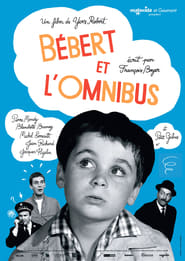 The Martin family is shopping in...
The Martin family is shopping in...Bebert and the Train 1963
The Martin family is shopping in a department store. Tiennot is responsible for looking after his little brother, Bébert, but he prefers to chase girls. On the train home, Tiennot leaves Bébert alone. On arrival, Bébert has disappeared. The Martin family sets out to find him.
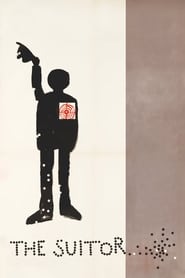 Absentminded yet cultured Pierre answers his...
Absentminded yet cultured Pierre answers his...The Suitor 1962
Absent-minded yet cultured, Pierre answers his parents demands to wed by ignoring both astronomy and the housemaid, instead falling head-over-heels for rich damsels.
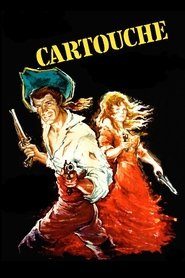 In the 18th century Louis de...
In the 18th century Louis de...Cartouche 1962
In the 18th century, Louis de Bourguignon is working with the Malichot's gang, but their ways are too 'unethical' for him. He creates his own band, acting under the name of Cartouche, making audacious robberies of the rich people, and even distributing the takings with the poor. Thus, cartouche attracts the people's sympathies, Venus's love, and hate from the Police and Malichot... Cartouche can escape all the traps they set at him - except the entrapments of love. Eventually, he will be saved by a woman, at her own cost.

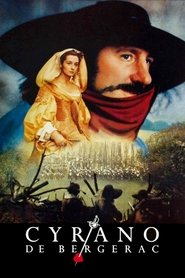 Famed swordsman and poet Cyrano de...
Famed swordsman and poet Cyrano de... Bruno is released from prison He...
Bruno is released from prison He...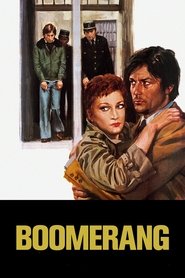 A reformed gangster turns to his...
A reformed gangster turns to his...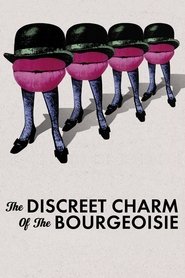 In Luis Buuels deliciously satiric masterpiece...
In Luis Buuels deliciously satiric masterpiece...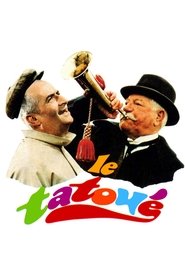 An art dealer wants to buy...
An art dealer wants to buy... Alexandre a young and honest farmer...
Alexandre a young and honest farmer...